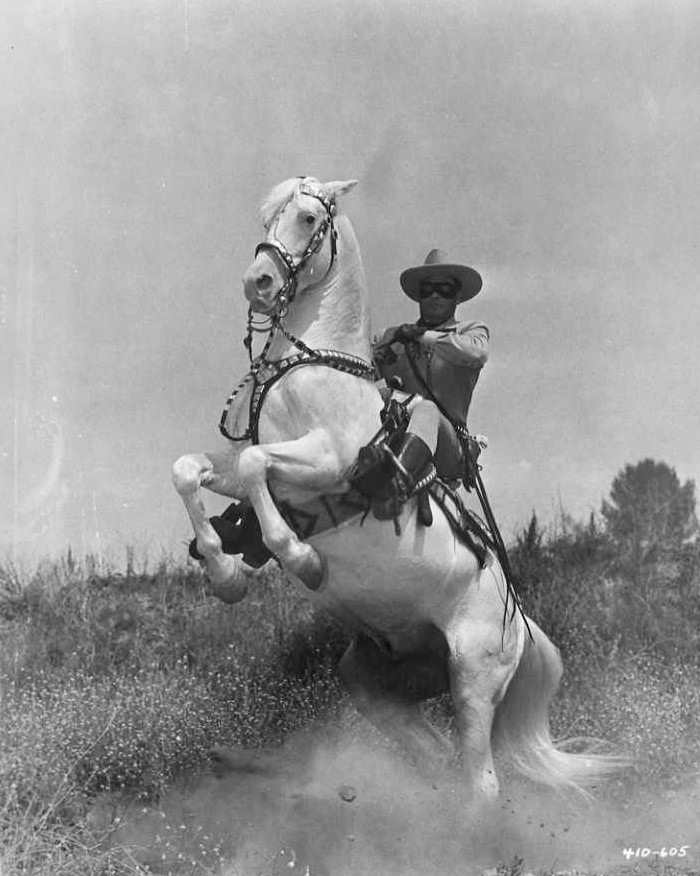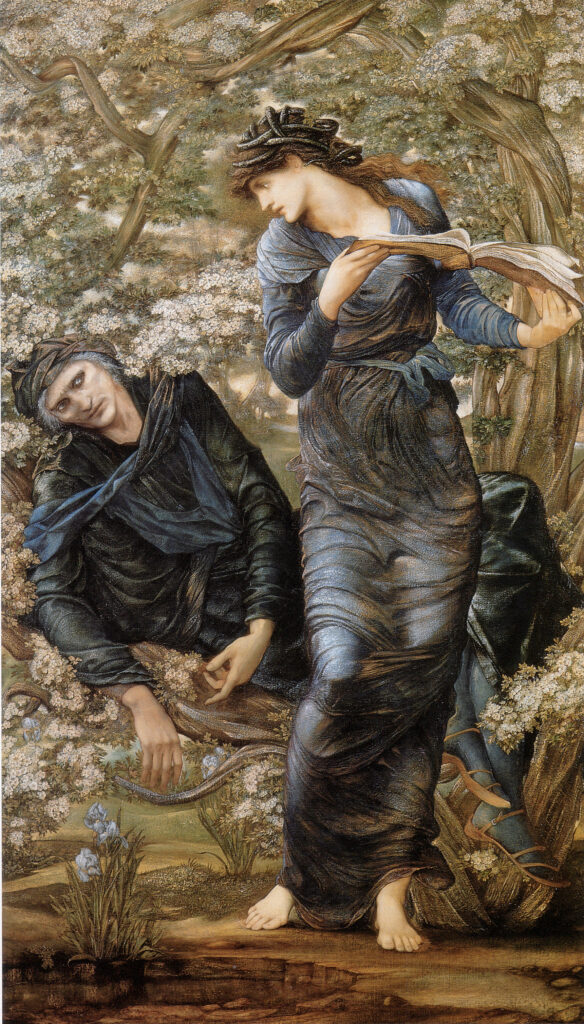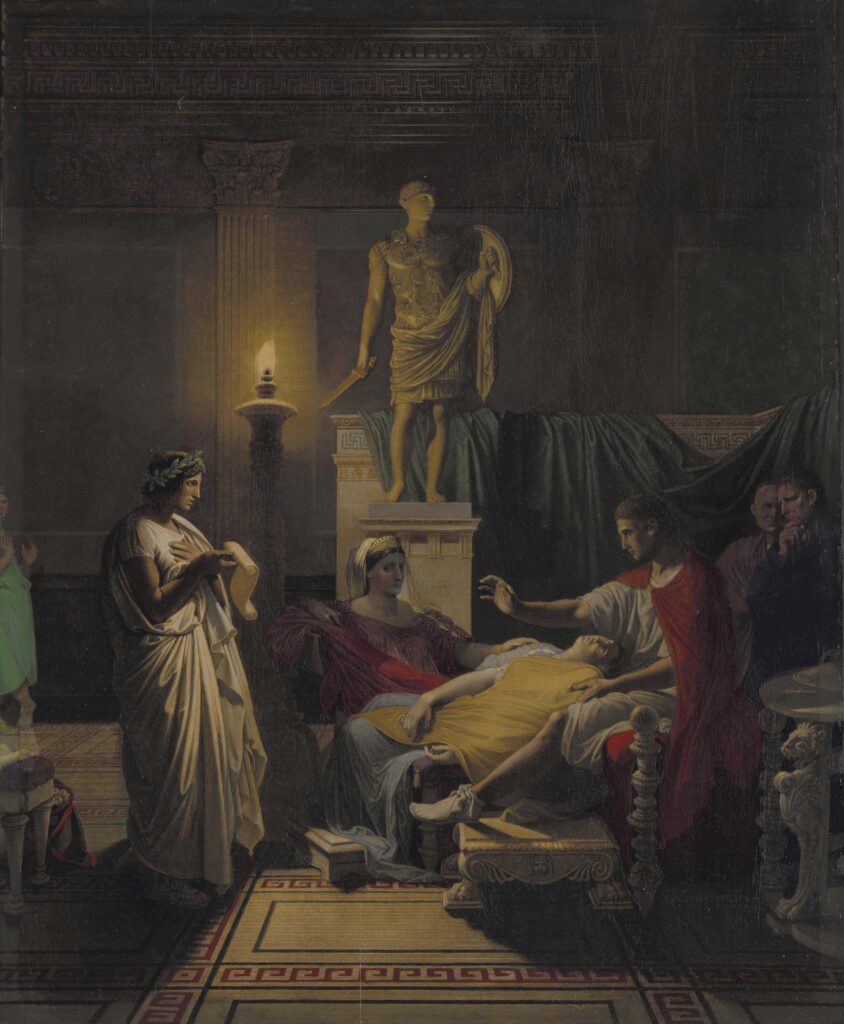
Sadak in Search of the Waters of Oblivion, by John Martin, credit Wikipedia
![]() Psychopathia Americana
Psychopathia Americana
By Ilana Mercer
There is this New York City psychiatrist. Her name is Dr Aruna Khilanani. In a lecture to the Yale School of Medicine’s Child Study Center, no less, she likened whites to “demented, violent predators who think that they are saints or superheroes.” She then let the septic tank that is her mind overflow. Said Dr. Khilanani:
I had fantasies of unloading a revolver into the head of any white person that got in my way, burying their body, and wiping my bloody hands as I walked away relatively guiltless with a bounce in my step. Like I did the world a fucking favor. (Time stamp: 7:17)
For her murderous fantasies against the pigmentally deficient, Dr. Khilanani should have been criminally profiled by the FBI’s Behavioral Analysis Unit. This primitive reptilian brain might be a danger to the community waiting to happen. Instead, morality has been inverted. Rather than being hobbled by her deviant views, Dr. Khilanani has been approved and elevated at every step of her privileged romp through America’s institutions. Someone in authority invited her to give a talk to the nation’s top university, Yale, an intellectual shithole, really. Someone high-up approved of, even liked, the topic of this woman’s address, which was, “The Psychopathic Problem of the White Mind.” Continue reading
















